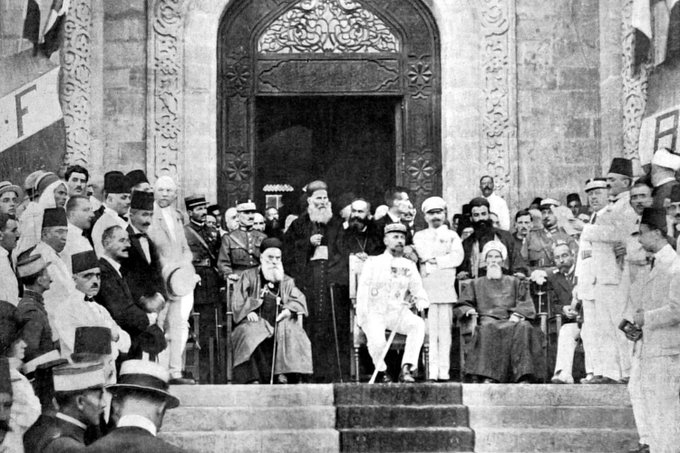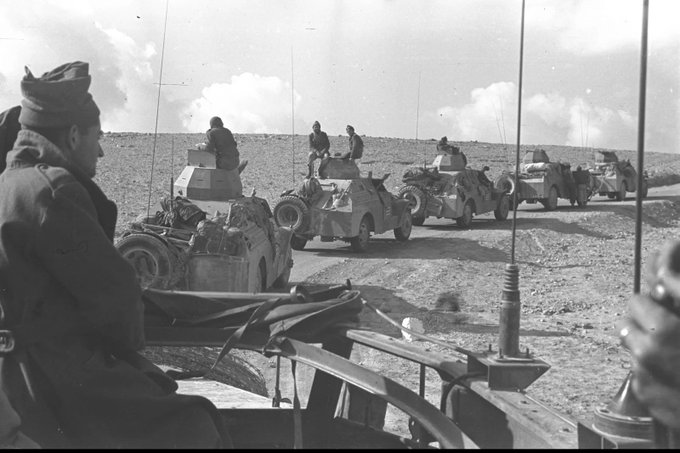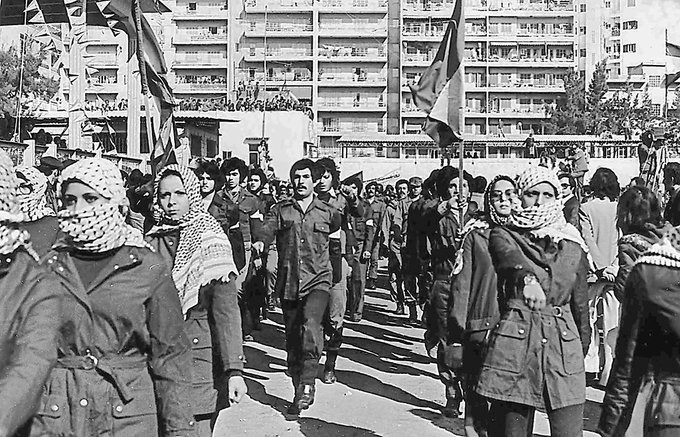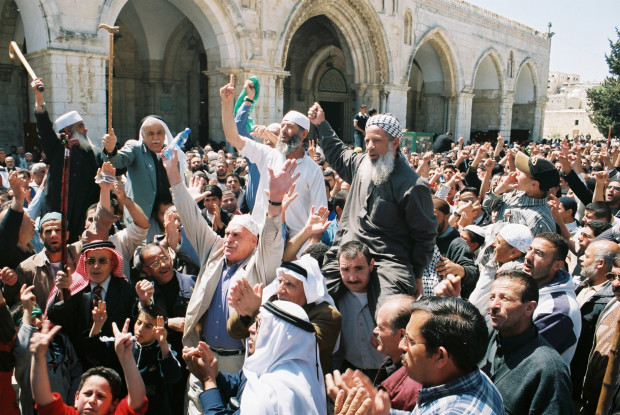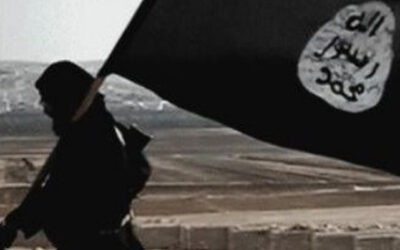Lebanon: The Forgotten Proof That the Arab-Israeli Conflict Was Never About Land

![]() About the Author
About the Author

DANNY BURMAWI
Danny Burmawi is an Author, speaker, an advocate for religious liberty, and rational thought, a content creator, and social entrepreneur with a passion for transformative media and advocacy.
Related Posts
Britain’s Free Speech Crisis: Laws, Cultural Shifts, and Islam.
Britain's Free Speech Crisis: Laws, Cultural Shifts, and Islam.According to a recent investigation by "The Times", British police are arresting at least 12,000 people annually, over 30 every day, for “hate speech” under laws like the Malicious Communications Act of...
Counselors of Collapse – Why the West Keeps Getting Islam Wrong
Counselors of Collapse - Why the West Keeps Getting Islam WrongWestern governments are jeopardizing their security and values by relying on advisors who misrepresent the ideological threat posed by Islam. Policies on counterterrorism, immigration, and religious...
No, Mr. President, we need to be told how to live.
No, Mr. President, We Need to Be Told How to Live. At the Riyadh Summit, President Trump addressed Gulf leaders and said: “It’s crucial for the wider world to know this great transformation [in the Middle East] has not come from Western interventionists, or flying...
